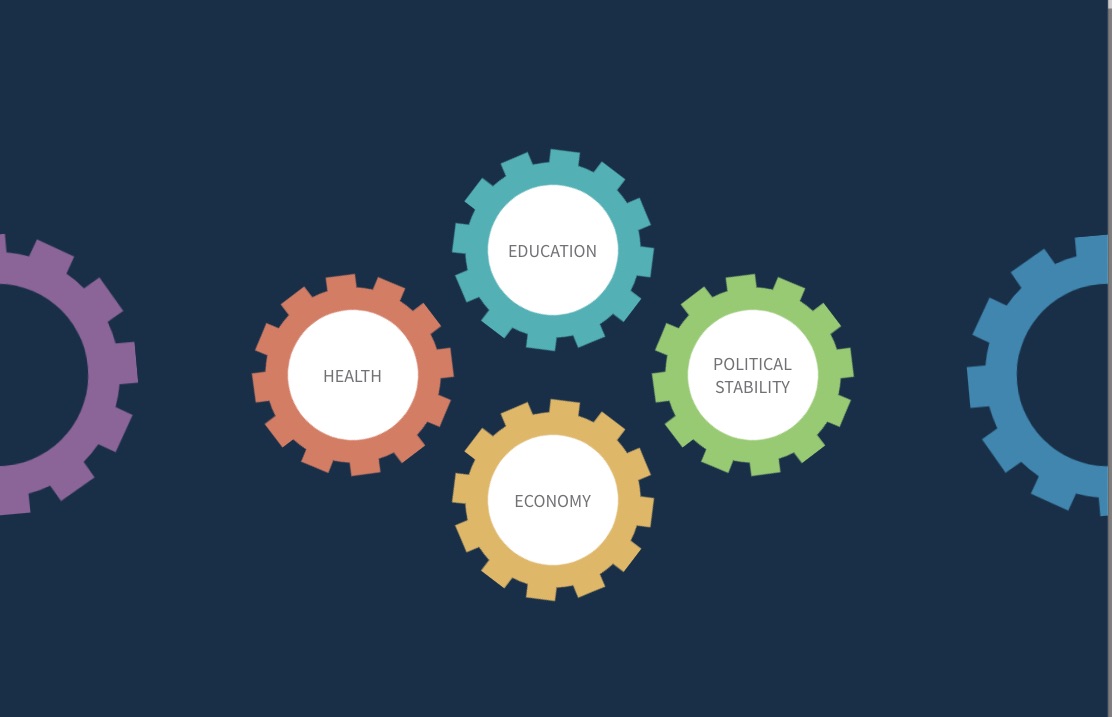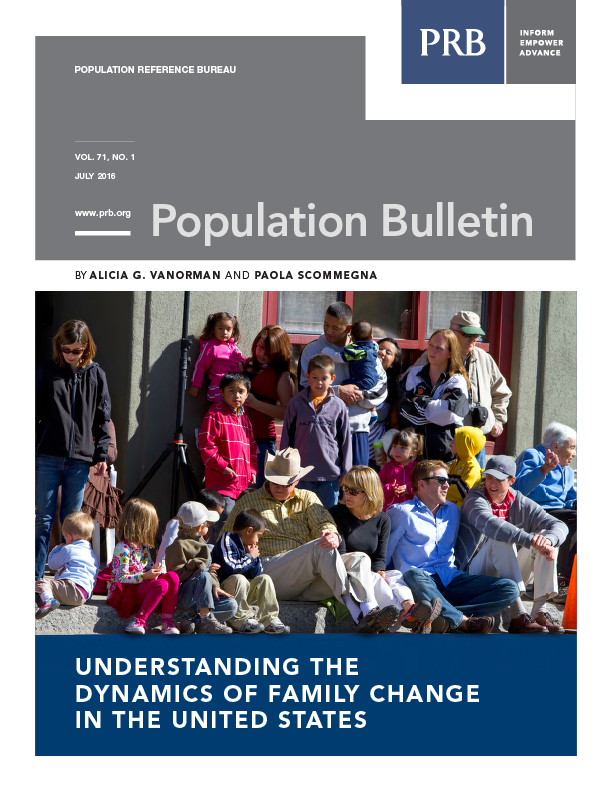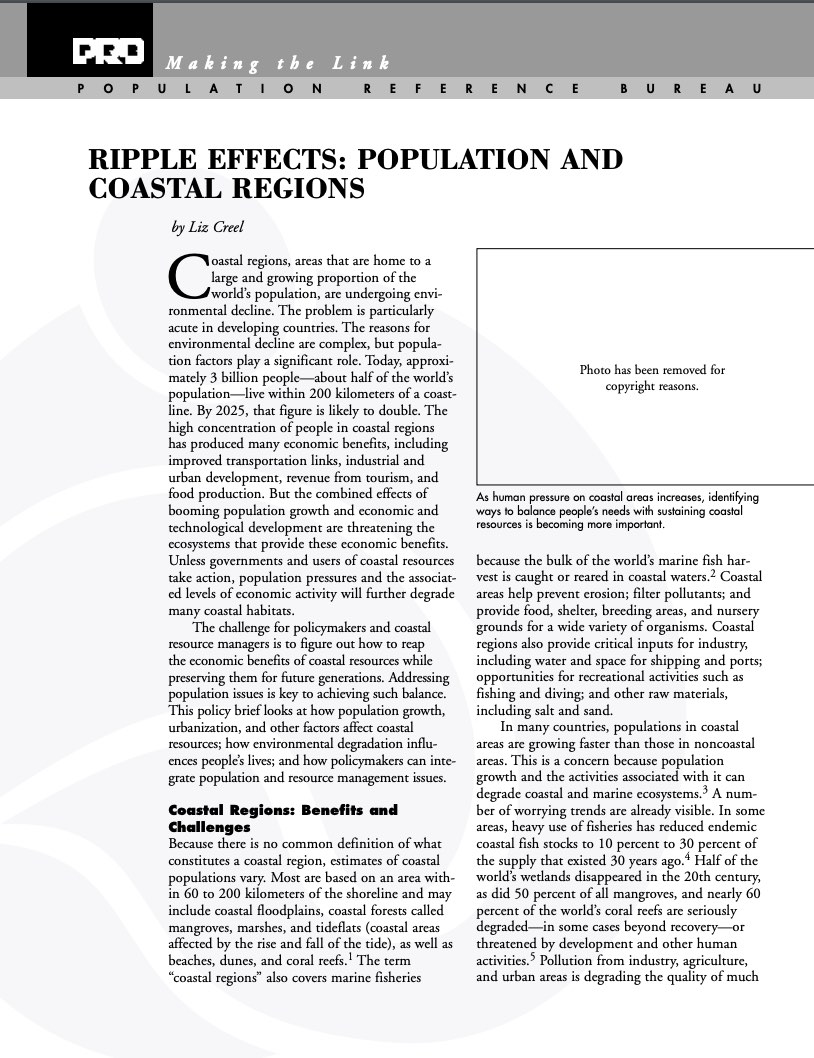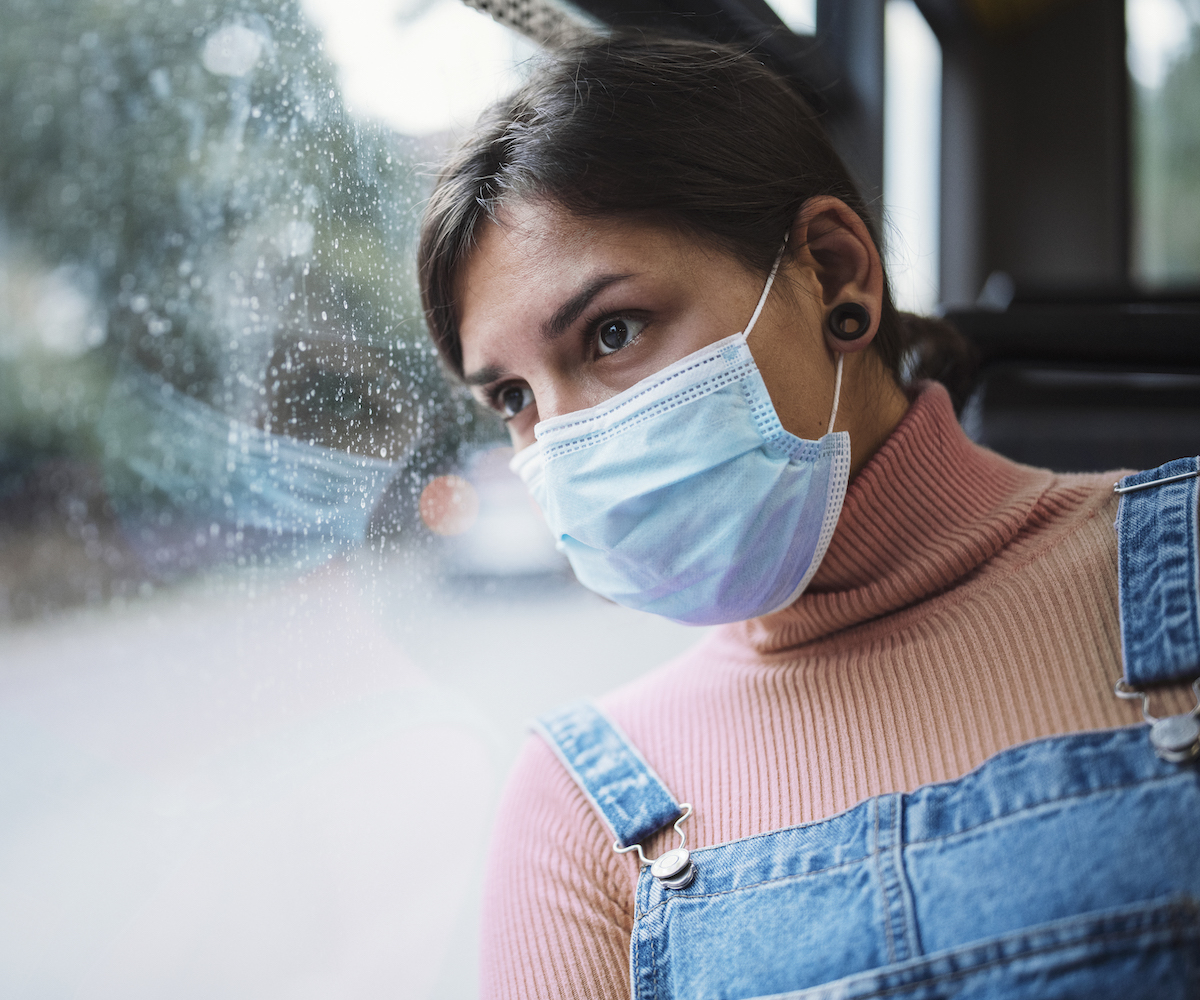Project: PACE: Policy, Advocacy, and Communication Enhanced for Population and Reproductive Health
Interactive. Four Dividends: How Age Structure Change Can Benefit Development
This web feature expands the concept of the demographic dividend to project four potential sets of benefits—in addition to economic growth, it outlines benefits in child survival, education, and political stability. A country’s likelihood of making substantial gains in each of these four sectors is tied to its age structure.







